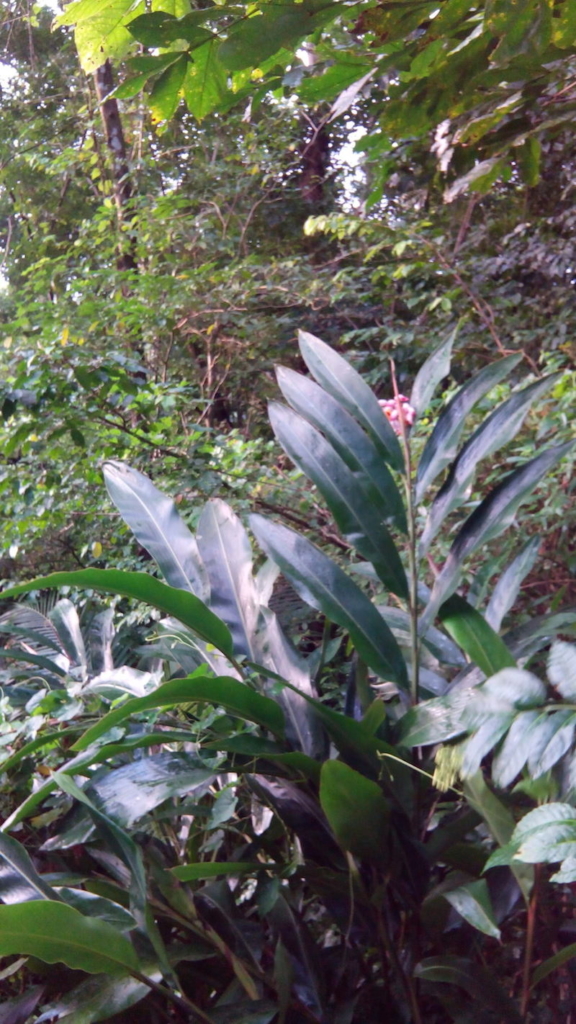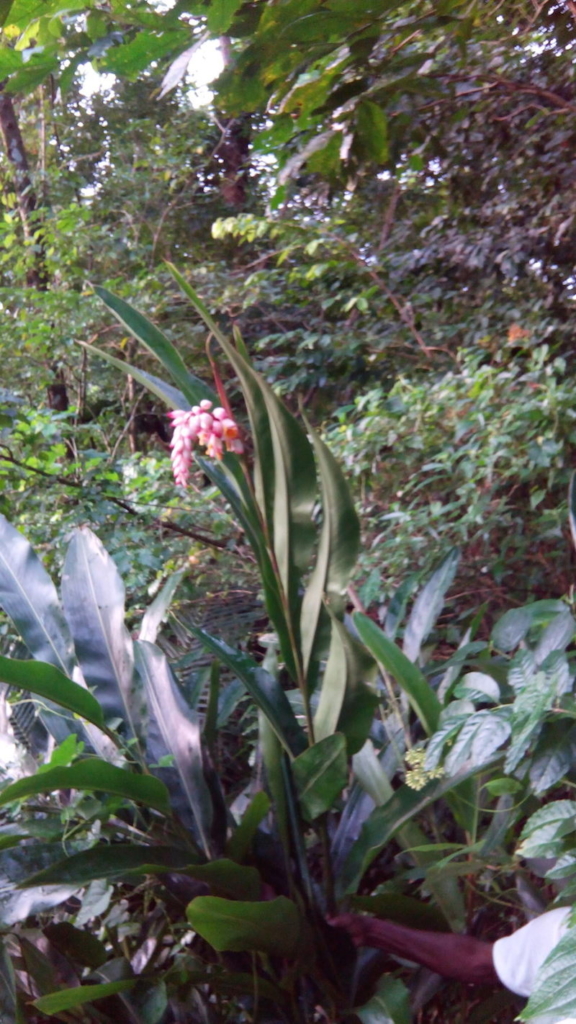The secret of the exceptional longevity of the inhabitants of Okinawa finally discovered?
The Japanese are known to set records for longevity. Since June 2013, the role of dean of humanity is held by a Japanese woman, 115-year-old Misao Okawa. But one particular region of Japan has gained a worldwide reputation in this field: Okinawa. And for good reason, with some 30 islands, this archipelago is breaking records for longevity. "Until a few decades ago, Okinawa had the longest life expectancy in the world," explains Japanese scientist Shinkichi Tawada, who was taken over by AFP. Even more impressively, the archipelago holds the highest number of centenarians on the planet, with an estimated 33 centenarians per 100,000 inhabitants. A record that arouses great interest among scientists. Where do the people of Okinawa get their exceptional longevity from? A plant called getto or alipinia zerumbet could be one of the secrets to the longevity of the people of Okinawa.

A plant, source of youth
Thus, Shinkichi Tawada, professor of agronomy at Nishihara Ryukyu University in Nishihara, Okinawa, has "always been interested in the substances that, in the traditional diet, are at the origin of it". After nearly 20 years of research, he may finally have unlocked the secret. According to his latest work with colleagues, the secret lies in an amber liquid that gives off sweet, tropical scents: essential oil from the getto flower ([guetto] or alpinia zerumbet), a member of the ginger family with large green leaves, small red berries and white flowers. This plant belongs to the ginger family and has large green leaves, small red berries and white flowers. It is rich in resveratrol, an antioxidant found in grapes (and therefore in wine) and whose effects on longevity are well known. But few people are interested in the clumps of wild getto that grow on the roadside. To find out more, Shinkichi Tawada and his colleagues therefore conducted tests on demotods (alpinia zerumbet), a variety of worms that only live for a month. After daily exposure to the getto, the worms lived 22.6% longer than the others. "Traditionally, Okinawans have always believed that eating muchi [a winter dish made of rice paste surrounded by a getto leaf] has been considered a way to protect against colds and to gain strength and vigour," says Tawada. <A plant called getto or alipinia zerumbet may be one of Okinawa's secrets to longevity.

A lost culinary tradition
The consumption of getto would therefore be the secret of the Okinawan population and could also explain the current drop in life expectancy. Indeed, in Naha, Okinawa's main city, chains of hamburgers, bagels to go and steakhouses have replaced traditional restaurants. The aim is to satisfy the 19,000 U.S. servicemen on duty on the island; and their diet has partly rubbed off on local habits, causing people to gradually abandon getto-based dishes. "Today, young people are eating far too much fast food. Life expectancy is dropping considerably," says the researcher. Although Japanese women in Okinawa continue to live 87 years on average, the average male life expectancy has dropped to 79.4 years, less than the national average. At the same time, the country's obesity rate is the highest in the country. For Professor Tawada, "it's time to revive the culinary traditions of the region. For the time being, old ladies still buy traditional vegetables such as getto (its leaves) and goya (a bitter gourd), which also has interesting virtues. A plant called getto or alipinia zerumbet could be one of the secrets to the longevity of the inhabitants of Okinawa.

A secret to be exported ?
Thus, Keiko Uehara, a shopkeeper, displayed a whole range of beauty products based on this "elixir of youth". "Here, you've always been drinking it as an infusion and it rejuvenates you. Even if "today, getto is used in beauty products, it's only part of its potential," explains the saleswoman, who doesn't look 64 years old, according to AFP. It can be used in the medical field and other sectors with high added value," Tawada believes. Also, in the fields, farmers are planning to increase their production. "We don't want to settle for Okinawa any more, we want to conquer the international market and export the getto," says Isamu Kina of Rich Green, the main producer in the region.
Let's bet that this plant which is used episodically in case of flu in Martinique will be used more and more for the well-being of all.